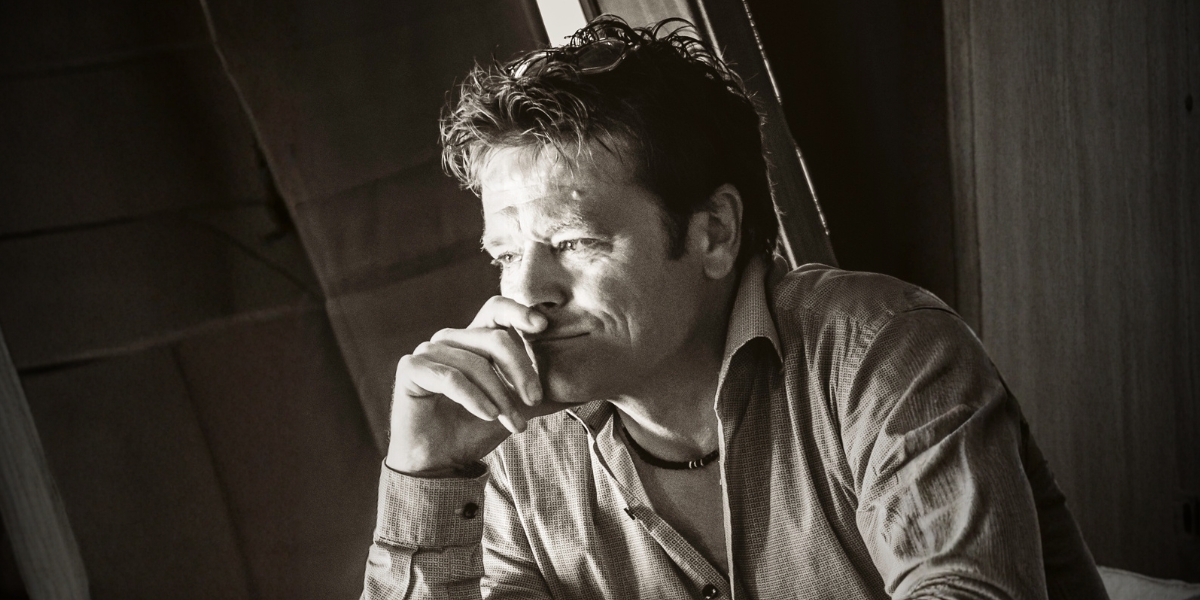By: Esmeraldo Arceta
Age differences in relationships have long been a subject of public discussion. When those relationships involve public figures, the attention often intensifies. The focus is not only on the couple’s personal connection but also on what their relationship might suggest about changing social norms. While some observers question whether large age gaps create challenges, others point to examples where shared values and mutual respect outweigh the difference in years.
Why Age Differences Draw Public Interest
Age-gap relationships often attract attention because they stand apart from the traditional expectation that partners will be close in age. Social norms have historically linked compatibility to being in similar life stages. As Psychology Today notes, “People tend to assume that partners of similar ages will have more in common, from cultural references to physical energy levels” (Lehmiller, 2020).
When the age gap is significant, questions about life goals, maturity, and long-term compatibility tend to surface. These questions are not always based on evidence but on assumptions about how age shapes relationships. Public figures, by virtue of their visibility, often become examples—either reinforcing or challenging these assumptions.
How Age Gaps Can Influence Relationship Dynamics
The effect of an age difference depends on the individuals involved. Differences in life experience, career stage, and physical health can influence how partners relate to one another. For example, one partner may be focused on building a career while the other is considering retirement. These differences can affect priorities and daily routines.
However, research suggests that age alone is not a reliable predictor of relationship success. A study published in the Journal of Population Economics found that while couples with larger age gaps reported slightly lower relationship satisfaction on average, the differences were modest and often outweighed by other factors such as communication quality and shared values (Lee & McKinnish, 2018).
Public Figures as Cultural Reference Points
Public figures in age-gap relationships often become part of broader cultural conversations. Their relationships can challenge stereotypes, such as the assumption that older partners always hold more power or that younger partners are primarily motivated by financial gain.
Dr. Justin Lehmiller, a research fellow at the Kinsey Institute, explains that “relationships with significant age differences can work just as well as those with smaller gaps, provided both partners are aligned in their expectations and values” (Psychology Today, 2020). This alignment, rather than the age gap itself, appears to be a stronger indicator of long-term stability.
Examples Without Names
There are numerous public relationships with age differences of ten, twenty, or even thirty years that have lasted for decades. These couples often cite communication, mutual respect, and shared life goals as the foundation of their stability. Some have addressed public scrutiny directly, stating that the age gap is far less important than the quality of their connection.
Others choose to maintain privacy, allowing the relationship’s longevity to speak for itself. In both cases, the focus shifts from the number of years between partners to the compatibility of their values and lifestyles.
Common Challenges in Age-Gap Relationships
While many couples thrive, certain challenges are more likely to arise when there is a significant age difference:
- Life Stage Differences – Partners may be at different points in their careers or personal lives, which can affect priorities.
- Health and Energy Levels – Physical stamina and long-term health considerations may differ.
- Social Circles – Friends and family may have varied reactions, which can influence the couple’s social life.
- Public Perception – For public figures, media attention can amplify scrutiny.
Professor Galena Rhoades of the University of Denver notes that “there’s no reason to think that an age-gap relationship would mean that two people don’t share the same core values—and that’s really important in relationships succeeding” (University of Denver News, 2023).
How Public Figures Address Scrutiny
Public figures often manage attention by controlling the narrative. Some speak openly about their relationships, highlighting shared values and mutual respect. Others avoid public discussion, focusing instead on their personal lives away from media coverage.
According to ID Times News, “Public scrutiny can be managed through commitment to shared goals and strong emotional connections” (2024). This approach shifts the conversation from the age gap to the quality of the relationship.
Shifting Cultural Perceptions
Media portrayals have begun to reflect a wider range of relationship models, including those where the woman is older than the man. These portrayals can help normalize age-gap relationships by showing them as one of many valid forms of partnership.
As Professor Rhoades observes, “We are going to see more and more age-gap relationships because of a greater sense of acceptability of different relationships and different relationship sizes and shapes” (University of Denver News, 2023).
The Role of Shared Values
Across both public and private relationships, shared values often outweigh age as a predictor of success. Couples who align on core beliefs, life goals, and communication styles tend to navigate differences more effectively.
Research from the Journal of Social and Personal Relationships supports this view, noting that “perceived similarity in values and life goals is a stronger predictor of relationship satisfaction than demographic similarities such as age” (Montoya et al., 2008).
Age gaps in relationships attract attention because they challenge traditional expectations. Public figures, by living these relationships in the spotlight, influence how society perceives them. While differences in life stage and public scrutiny can present challenges, many couples—both famous and not—demonstrate that mutual respect, shared values, and open communication are more decisive factors in relationship success than the number of years between partners.









